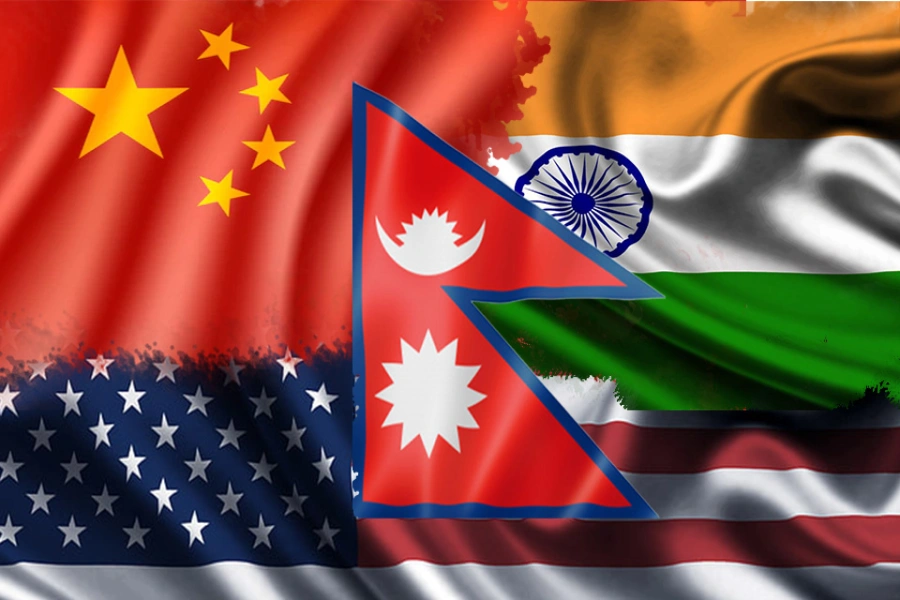KATHMANDU, Sept 17: A two-day regional workshop on ‘Human Mobility in the Context of Climate Change Adaptation, Disaster Risk Reduction, and Sustainable Development Goals (SDGs) in the Hindu Kush Himalaya’ was organized at the ICIMOD headquarters in Lalitpur.
A total of 30 plus policymakers and experts from Bangladesh, Bhutan, Myanmar, Nepal, and Pakistan attended the workshop to discuss the multiple dimensions of human mobility and share their experiences.
The forum provided a platform for government officials to share their experiences and learn the measures to address human mobility, including displacement and migration, in national policies, according to a press statement by the ICIMOD.
Organizations rewarded for climate change adaptation efforts

The workshop acknowledged that the adverse impacts of climate change are leading to increased frequency and intensity of disasters, and these impacts expected to be disproportionately forceful in developing countries, especially among the poor and vulnerable populations.
"People will respond to these impacts with a combination of strategies, including mobility. Human mobility manifests in various forms in communities affected by disasters and environmental change: evacuation, temporary or protracted displacement, migration as adaptation, internal or cross-border movement, planned relocation and other types," reads the statement.
The workshop concluded with recommendations to integrate human mobility provisions in national policies and programmes to implement their respective countries’ international commitments regarding climate change adaptation, disaster risk reduction, and the Sustainable Development Goals.
The workshop was organized by the Ministry of Population and Environment (MoPE) of the Government of Nepal, International Centre for Integrated Mountain Development (ICIMOD), International Organization for Migration (IOM), Nepal Institute of Development Studies (NIDS), and Platform on Disaster Displacement (PDD).
National-level workshops in the coming months will follow-up on the recommendations elaborated in Kathmandu.
Natural disasters such as floods and earthquakes forced more than 24 million people globally to leave their homes. This level of disaster displacement and environmental migration poses significant regional challenges in the 21st century.






































